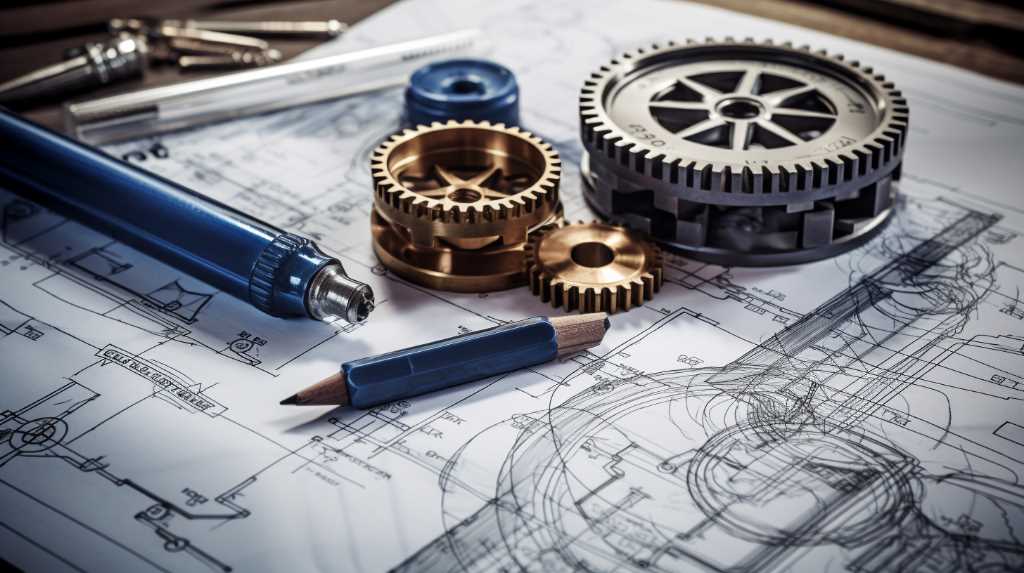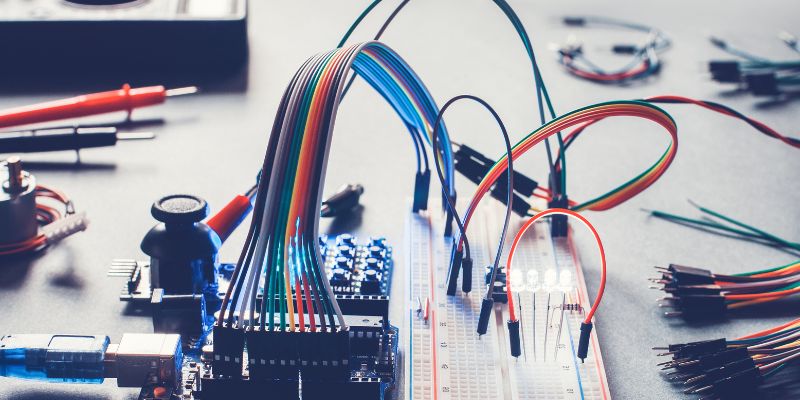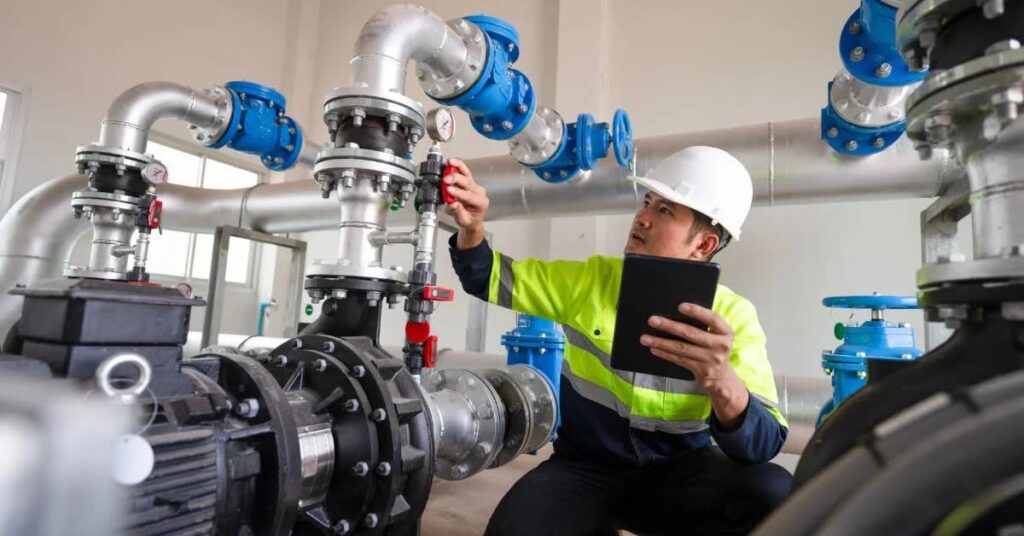Key Components of MEPF Design & Engineering
Mechanical Engineering
Mechanical systems in a building primarily focus on HVAC (Heating, Ventilation, and Air Conditioning) systems. These systems are designed to provide thermal comfort, regulate indoor air quality, and ensure efficient energy consumption. Proper mechanical design enhances sustainability by incorporating modern technologies such as energy-efficient chillers, heat recovery systems, and smart HVAC controls.


Electrical Engineering
Electrical design encompasses power distribution, lighting, communication systems, and backup power solutions. A well-engineered electrical system ensures uninterrupted power supply, load management, and integration of renewable energy sources. Advanced electrical engineering techniques help in optimizing energy consumption and ensuring compliance with safety standards.

Plumbing Engineering
Plumbing design focuses on water supply, drainage, sewage systems, and rainwater harvesting. Efficient plumbing engineering ensures the proper distribution of clean water, effective wastewater management, and conservation of water resources. Implementing green plumbing solutions can significantly reduce water wastage and operational costs.

Fire Protection Engineering
Fire protection systems are essential for building safety and compliance with fire codes. Fire protection engineering includes the design of fire suppression systems (such as sprinklers, fire hydrants, and foam systems), fire alarm systems, and smoke control measures. Properly designed fire protection systems help prevent fire hazards and ensure the safety of occupants.
Benefits of MEPF Design & Engineering Services

Optimized MEPF systems reduce energy consumption and operational costs.

Integration of green building technologies minimizes environmental impact.

Adherence to local and international building codes enhances safety and legal compliance

Smart design and engineering reduce maintenance costs and improve the longevity of building systems.

A well-coordinated MEPF design ensures seamless operation and user comfort
Advanced Technologies in MEPF Engineering
Modern MEPF engineering leverages cutting-edge technologies to enhance efficiency and performance
Building Information Modeling (BIM): Enables precise design coordination, clash detection, and efficient project management.
Smart Building Automation: Integrates IoT-based systems for intelligent control of HVAC, lighting, and security.
Renewable Energy Integration: Utilizes solar panels, wind turbines, and energy-efficient batteries to reduce carbon footprints.
Prefabrication & Modular Construction: Enhances construction speed, reduces material waste, and ensures higher quality control.
Artificial Intelligence (AI) & Machine Learning: Predicts equipment failures, optimizes energy use, and enhances maintenance planning.
Challenges in MEPF Design & Engineering
Despite its numerous benefits, MEPF engineering faces several challenges

